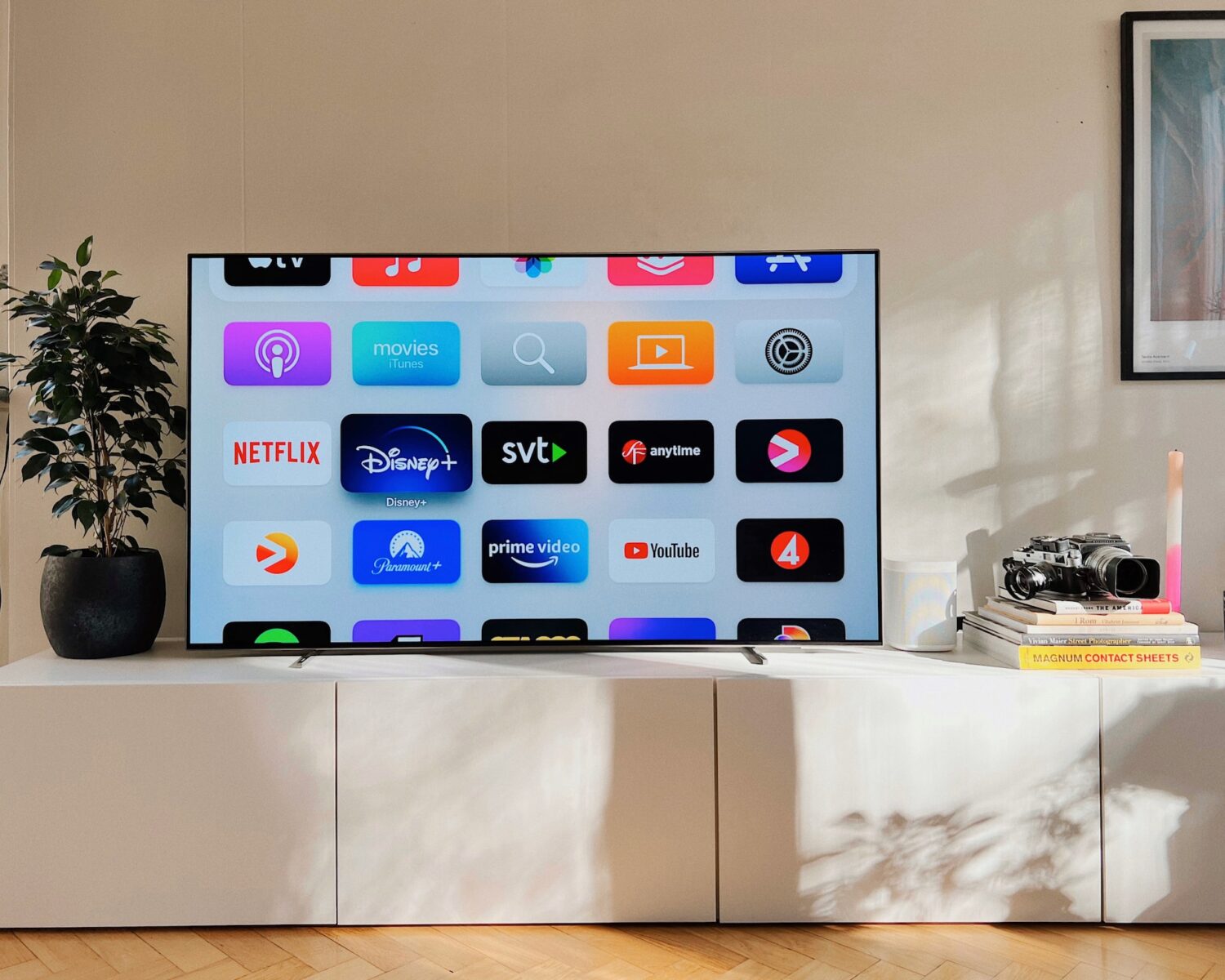Discover the ultimate visual experience: OLED vs 4K UHD. Uncover which technology reigns supreme for breathtaking picture quality.
Table of Contents
Understanding the Difference: OLED vs. 4K UHD
When it comes to choosing a new television, consumers are often faced with a multitude of options, each boasting different features and technologies. Two popular choices in the market today are OLED (Organic Light Emitting Diode) and 4K UHD (Ultra High Definition) televisions. Understanding the difference between these two technologies is crucial in making an informed decision.

OLED technology is known for its ability to produce stunning picture quality. Unlike traditional LED TVs, OLED TVs do not require a backlight. Instead, each pixel in an OLED display emits its light, resulting in perfect black levels and vibrant colors.
This allows for an infinite contrast ratio, meaning that the difference between the darkest and brightest parts of an image is truly remarkable. On the other hand, 4K UHD refers to the resolution of the television. It offers four times the number of pixels as a standard Full HD TV, resulting in sharper and more detailed images.
Unveiling the Advantages of OLED Technology
One of the key advantages of OLED technology is its ability to produce deep blacks. With no backlight, OLED pixels can be turned off completely, resulting in true black levels. This creates a sense of depth and realism in the image, enhancing the overall viewing experience. Additionally, OLED displays have a wide color gamut, meaning they can reproduce a larger range of colors. This results in more accurate and vibrant colors, making the image on the screen appear more lifelike.

Another advantage of OLED technology is its fast response time. Each pixel in an OLED display can switch on and off individually, allowing for quick transitions between colors and reducing motion blur. This is particularly beneficial for watching fast-paced action scenes or playing video games, where smooth and fluid motion is essential.
Exploring the Benefits of 4K UHD Resolution
While OLED technology excels in producing stunning picture quality, 4K UHD resolution offers its own set of benefits. With four times the number of pixels as a Full HD TV, 4K UHD displays provide sharper and more detailed images. This is especially noticeable on larger screens, where the increased pixel density ensures that the image remains crisp and clear, even when viewed up close.
Furthermore, the higher resolution of 4K UHD allows for a more immersive viewing experience. It brings out finer details in the image, making it feel more lifelike and realistic. Whether you’re watching a nature documentary or a blockbuster movie, the enhanced level of detail provided by 4K UHD resolution adds depth and richness to the visuals.
Making the Choice: Is OLED Better than 4K UHD?
When it comes to choosing between OLED and 4K UHD, it ultimately depends on your priorities and preferences. If you value picture quality above all else, OLED technology is the clear winner. Its ability to produce deep blacks, vibrant colors, and fast response times creates a visually stunning experience. However, if you prioritize resolution and crave the sharpest and most detailed images, 4K UHD is the way to go.

It’s worth noting that some televisions on the market today offer the best of both worlds, combining OLED technology with 4K UHD resolution. These TVs provide the benefits of OLED’s superior picture quality while also delivering the increased detail and sharpness of 4K UHD. However, they often come with a higher price tag.
Verdict: Which One Is Better?
In conclusion, both OLED and 4K UHD technologies have their unique advantages. OLED excels in producing stunning picture quality with deep blacks and vibrant colors, while 4K UHD offers sharper and more detailed images. Ultimately, the choice between the two depends on your personal preferences and budget.

